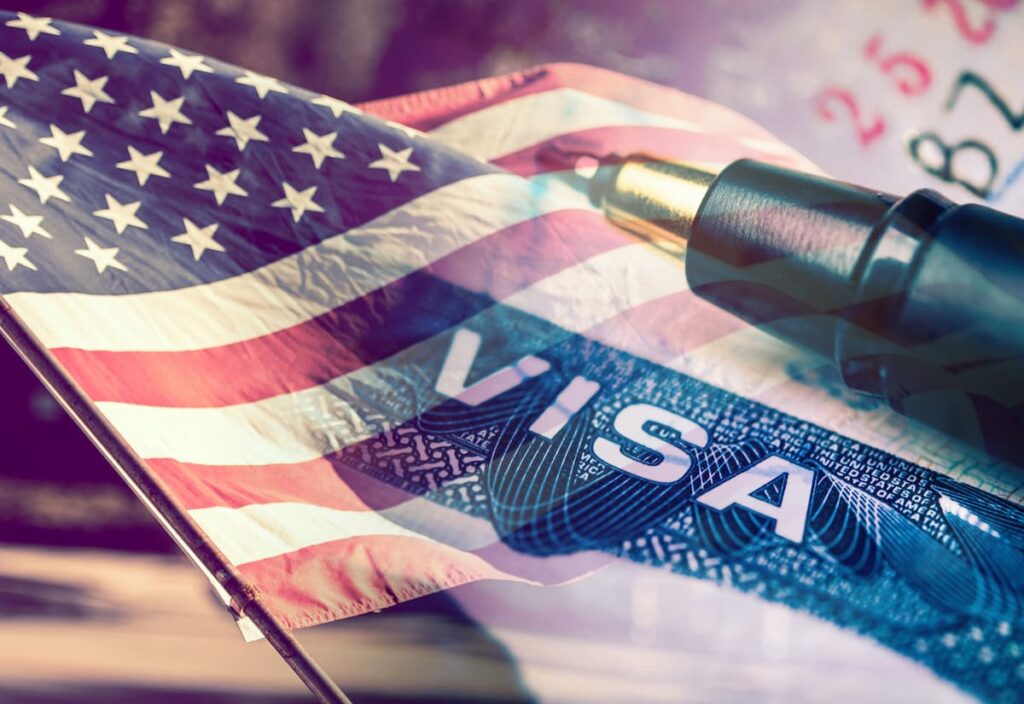A New Gatekeeper—Your Social Media Feed
The U.S. government has introduced a new requirement for visa applicants targeting university studies, technical training, or exchange programs. Those seeking entry must now disclose every social media account used in the past five years and ensure that these profiles remain publicly visible. This change goes beyond background checks—it turns personal online activity into a key component of political vetting.
Officials will analyze social media activity for perceived “hostility” toward U.S. citizens, culture, or values. Though the specific criteria remain undisclosed, immigration officers have been instructed to flag content that may reflect extremist ideologies, criminal affiliations, or opposition to national principles. The absence of clear definitions has raised concerns, particularly for individuals whose beliefs differ from prevailing governmental narratives or who belong to minority communities.
A Political Filter for Global Movement
This shift effectively transforms a visa applicant’s digital footprint into a kind of “political passport.” It doesn’t just evaluate behavior, but beliefs—visible through posts, likes, follows, and tagged content. In this framework, digital identity is no longer just technical or social; it becomes legal and ideological.
Governments around the world have justified digital surveillance as a necessary tool for national security. But multiple studies have found that such strategies often lead to overreach, wrongly targeting lawful activists or religious minorities. In the U.S., existing monitoring systems have already shown patterns of bias and lack transparency. Critics argue that this trend not only restricts free expression, but also creates invisible barriers to global mobility.
The move echoes similar digital control practices in other nations. China’s social credit system, the UK’s digital ID proposals for immigration, and Australia’s exploration of AI for border assessments reflect a growing global pattern: the border begins online, and your digital behavior becomes a passport—or a wall.
Fear, Silence, and the New Rules of the Internet
For many potential applicants, this new directive may force a change in how they use the internet. Without a clear rulebook, the safest option often becomes self-censorship. This behavior isn’t hypothetical; previous incidents involving mass surveillance already led people to avoid online content about sensitive topics—even when accessing it was entirely legal.
What’s more, the social nature of platforms means individuals can be exposed by association. A tagged photo, a reaction to a meme, or a follow from years ago may now be dissected for political meaning. These digital breadcrumbs, when viewed out of context, risk misinterpretation. And when the stakes are as high as entry into a country, the pressure to conform can become overwhelming.
The policy may also reshape the wider culture of digital interaction, not just for those seeking visas. Artists, academics, and everyday users may start to think twice before sharing critical views, controversial art, or even affiliating with certain causes—especially if they ever plan to study or work in the United States.
Staying Safe in a Monitored World
If you’re considering applying for a U.S. visa affected by this policy, experts recommend taking proactive steps. First, review your social media history—delete or archive content that could be misread. Consider separating your professional and personal accounts, and using pseudonyms for creative or informal content. Even private profiles can leave public traces through tagged posts or likes, so it’s essential to understand your true online visibility.
Additionally, keep records of any deleted content or actions that might require clarification. Immigration officials may ask questions, and having evidence ready could make the difference between approval and denial.
Ultimately, this new requirement signals a broader shift: personal expression online is now subject to political judgment. For those hoping to cross borders, social media is no longer just a window into your world—it’s part of your official record.


